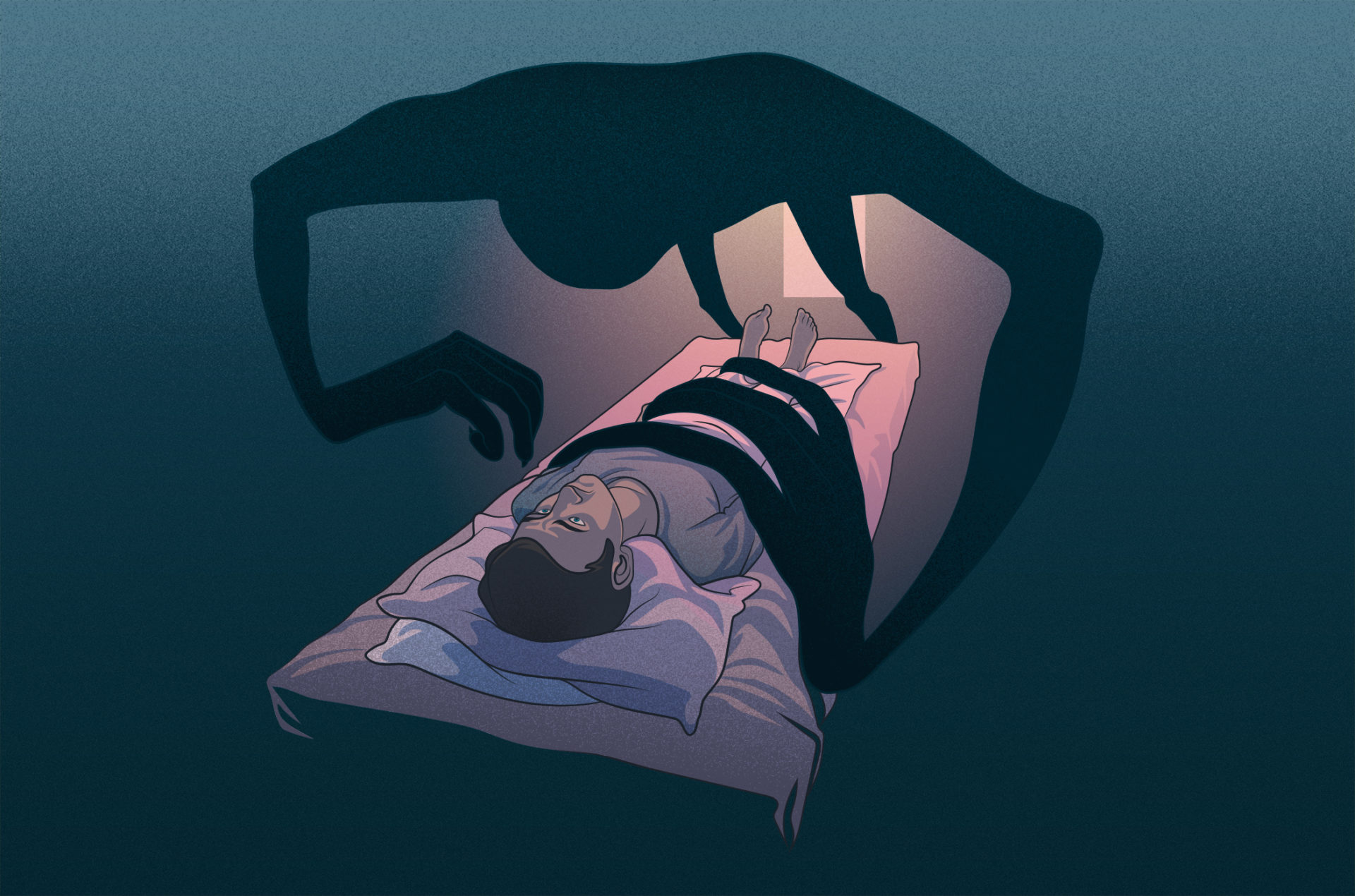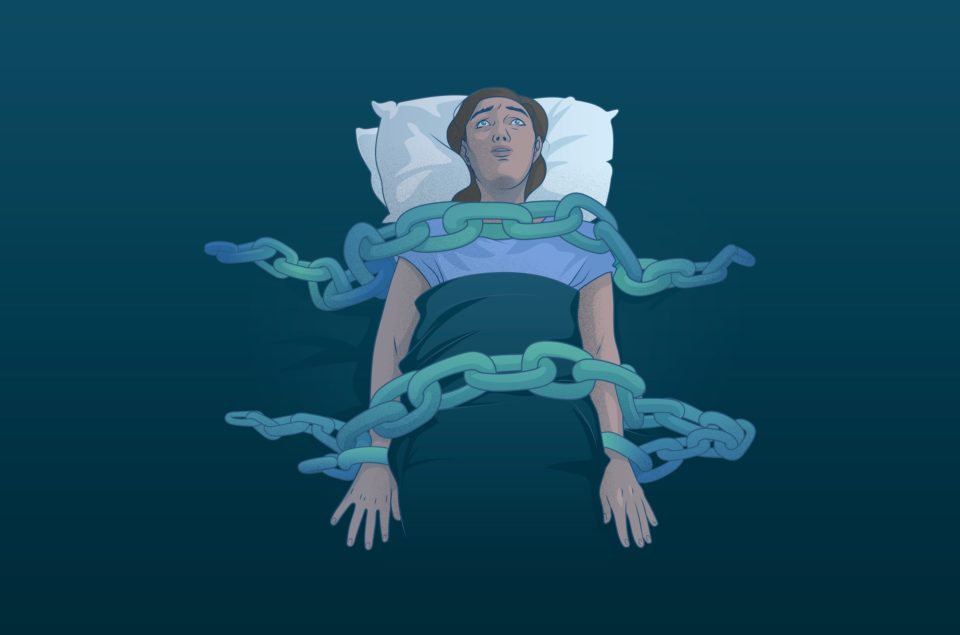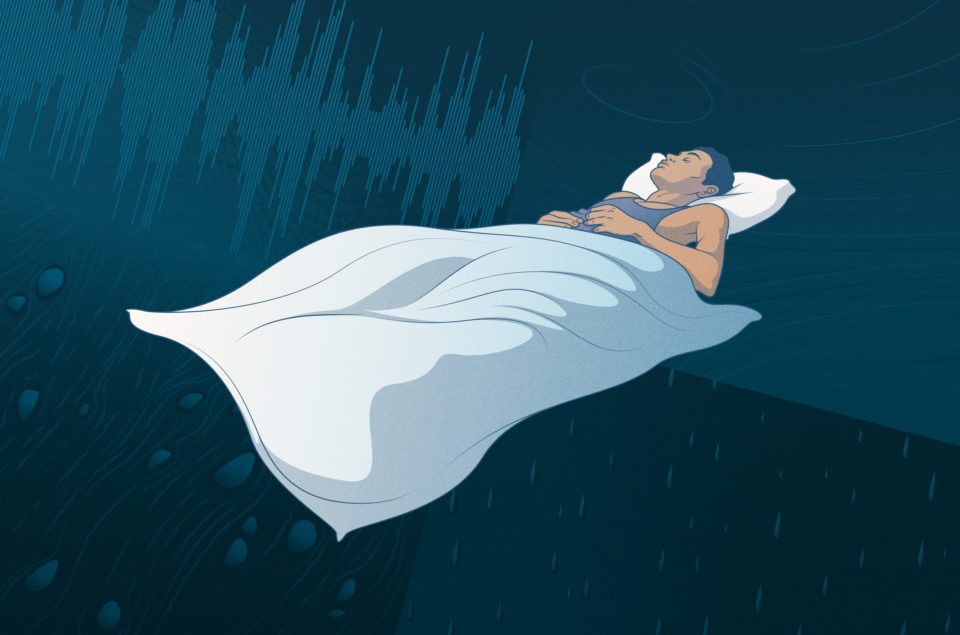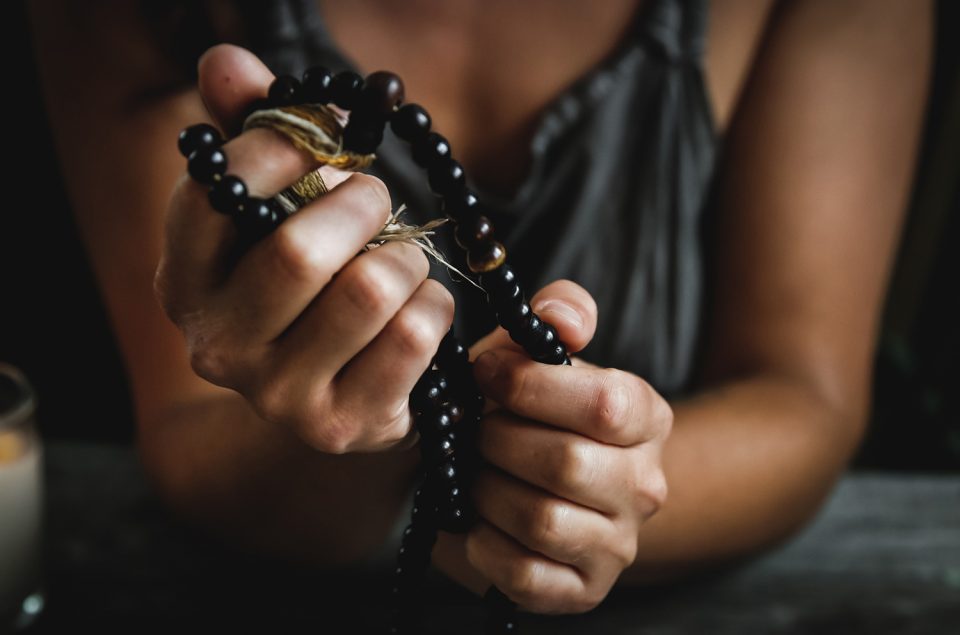Those experiencing sleep paralysis describe vivid hallucinations, often involving demons and evil spirits. Indeed, one way you don’t want to wake up is in a state of sleep paralysis. If you can even call it waking up. It’s like you’re caught in a grey zone, where your mind is wide awake, but your body is still fast asleep. You find yourself in a nightmarish reality and there’s no way out.
- Sleep Paralysis: a demon in my room?
- The enigma of sleep paralysis explained
- Fact: 90% of the experiences are associated with sleep demons
Sleep Paralysis: a demon in my room?
Working for Greenpeace as an energy campaigner, I had been through one of the most challenging events of my life. The combination of extreme stress and lack of sleep had left me exhausted on a new level. When I finally returned home, I fell into a deep sleep.
An ominous presence
When I surfaced again, something was very wrong. Had things been normal I would have been in a room by myself and simply gotten out of bed. But things weren’t normal. I immediately sensed I wasn’t alone. There was someone else in the room. Like a demon. Or something. An ominous presence that I couldn’t identify, moving about like a shapeshifting shadow. And I knew it had come for me.
What was equally terrifying was the fact that I couldn’t do anything about it. I tried to move but my muscles wouldn’t obey me. I couldn’t get up and run. Nor could I turn my head to see what was going on. I couldn’t lift so much as a finger to defend myself. I couldn’t even scream because I had no voice. I could only lie there and do nothing as the specter moved in for the kill. I was paralyzed.
Trying to make sense of it
In the end, I must have fled back into sleep. When I woke up the next time, I was alone. I could use my muscles again and whatever that thing was, it had gone away. I tried to make sense of what had happened but absolutely couldn’t. In the vacuum that resulted, an occult explanation was creeping up on me.
In my long fight against the nuclear industry, I had come to view it as deeply sinister. Also, I was involved with shamanism at the time and open to the existence of a spirit world. So I actually wondered if we had awakened some kind of demon that was now seeking me out.
The enigma of sleep paralysis explained
Worrying about demons and evil spirits sounds silly to me now, but that’s how terrifying and how real the experience felt. If I had only known about sleep paralysis, which is an experience that almost one in ten people suffers from and three in ten will have at least once in their lifetime.
Not enough research has been done on the subject to know exactly what causes sleep paralysis. However, it seems to be associated with sleep deprivation, fatigue and severe stress, but also serious mental conditions such as post-traumatic stress syndrome (PTSD), bipolar disorder and schizophrenia.
Hallucinating in different ways
Although it can feel like an eternity, sleep paralysis only lasts a few seconds to a few minutes. It isn’t harmful in itself but can be very distressing while it lasts. All the symptoms I had are common. You can’t move, but you can see clearly and breathe normally. You hallucinate. Actually, five different types of hallucinations can occur during a sleep paralysis episode. Intruder hallucinations like the one I had are typical. So-called incubus hallucinations involve a sense of pressure on the chest or the feeling of being suffocated. Another type of hallucination creates out-of-body sensations.
A mixed state of consciousness
Trying to explain the experience in scientific terms, some experts describe sleep paralysis as a mixed state of consciousness, in which elements of wakefulness are combined with rapid-eye-movement sleep. It’s during REM sleep that we most often tend to have vivid dreams. It’s also a state in which our muscles are paralyzed, probably to protect us from making dangerous movements in response to things that happen in our dreams. But during REM sleep you’re blissfully unaware of being paralyzed and can move about freely inside your dream. In a state of sleep paralysis, you’re painfully aware of being tied to the bed.
90% of sleep paralysis episodes are associated with fear
Another dramatic difference between REM sleep and sleep paralysis lies in what you perceive. Studies show that while only 30% of REM sleep dreams are frightening, almost 90% of sleep paralysis experiences are associated with fear and the dreamer more often reports being the victim of an aggressive attack. It’s no wonder that people in ancient times who appear to have experienced sleep paralysis believed they had been visited by an evil spirit. I certainly did.
Unravel the mystery of your sleep – Download Sleep Cycle to track your sleep. Find out what affects your sleep patterns, and learn how to improve your sleep quality.
What to know more about sleep paralysis, how to prevent it, and the risk factors? Check out our following articles:







